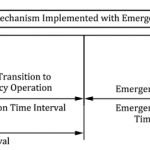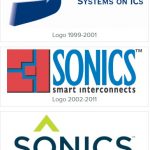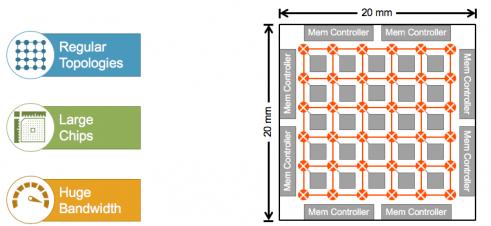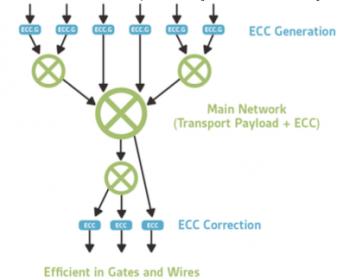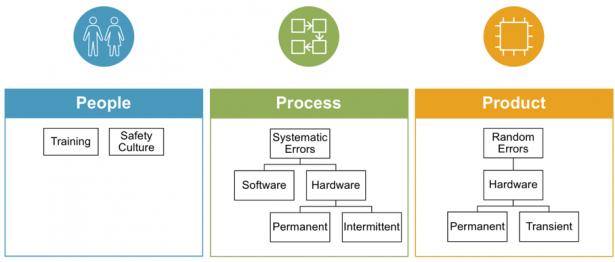Standards committees, the military and governmental organizations are drawn to acronyms as moths are drawn to a flame, though few of them seem overly concerned with the elegance or memorability of these handles. One such example is SOTIF – Safety of the Intended Function – more formally known as ISO/PAS 21448. This is a follow-on… Read More
ML and Memories: A Complex Relationship
No, I’m not going to talk about in-memory-compute architectures. There’s interesting work being done there but here I’m going to talk here about mainstream architectures for memory support in Machine Learning (ML) designs. These are still based on conventional memory components/IP such as cache, register files, SRAM and various… Read More
Qualcomm Intel Facebook and Semiconductor IP
What does Qualcomm, Intel, and Facebook have in common? Well, for one thing they all bought network onchip communications (NoC) IP companies. As I have mentioned before, semiconductor IP is the foundation of the fabless semiconductor ecosystem and I believe this trend of acquisitions will continue. So, if you are going to start… Read More
Segmenting the Machine-Learning Hardware Market
One of the great pleasures in what I do is to work with people who are working with people in some of the hottest design areas today. A second-level indirect to be sure but that gives me the luxury of taking a broad view. A recent discussion I had with Kurt Shuler (VP Marketing at Arteris IP) is in this class. As a conscientious marketing… Read More
Safety: Big Opportunity, A Long and Hard Road
Safety, especially in road vehicles (cars, trucks, motorcycles, etc.), gets a lot of press these days. From the point of view of vendors near the bottom of the value chain it can seem that this just adds another item to the list of product requirements; as long as you have that covered, everything else remains pretty much the same in… Read More
Why High-End ML Hardware Goes Custom
In a hand-waving way it’s easy to answer why any hardware goes custom (ASIC): faster, lower power, more opportunity for differentiation, sometimes cost though price isn’t always a primary factor. But I wanted to do a bit better than hand-waving, especially because these ML hardware architectures can become pretty exotic, so … Read More
Disturbances in the AI Force
In the normal evolution of specialized hardware IP functions, initial implementations start in academic research or R&D in big semiconductor companies, motivating new ventures specializing in functions of that type, who then either build critical mass to make it as a chip or IP supplier (such as Mobileye – intially)… Read More
On-Chip Networks at the Bleeding Edge of ML
I wrote a while back about some of the more exotic architectures for machine learning (ML), especially for neural net (NN) training in the data center but also in some edge applications. In less hairy applications, we’re used to seeing CPU-based NNs at the low end, GPUs most commonly (and most widely known) in data centers as the workhorse… Read More
Supporting ASIL-D Through Your Network on Chip
The ISO 26262 standard defines four Automotive Safety Integrity Levels (ASILs), from A to D, technically measures of risk rather than safety mechanisms, of which ASIL-D is the highest. ASIL-D represents a failure potentially causing severe or fatal injury in a reasonably common situation over which the driver has little control.… Read More
ISO 26262: People, Process and Product
Kurt Shuler, VP Marketing at Arteris IP, is pretty passionate that people working in the automotive supply chain should understand not just a minimalist reading of ISO 26262 as it applies to them but rather the broader intent, particularly as it is likely to affect others higher in the supply chain. As an active ISO 26262 working … Read More


